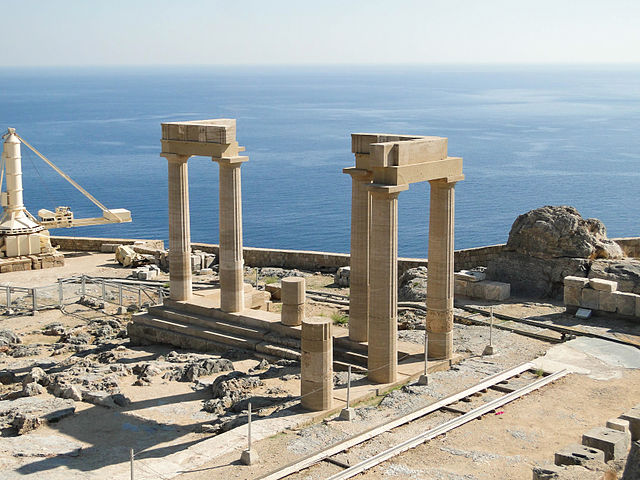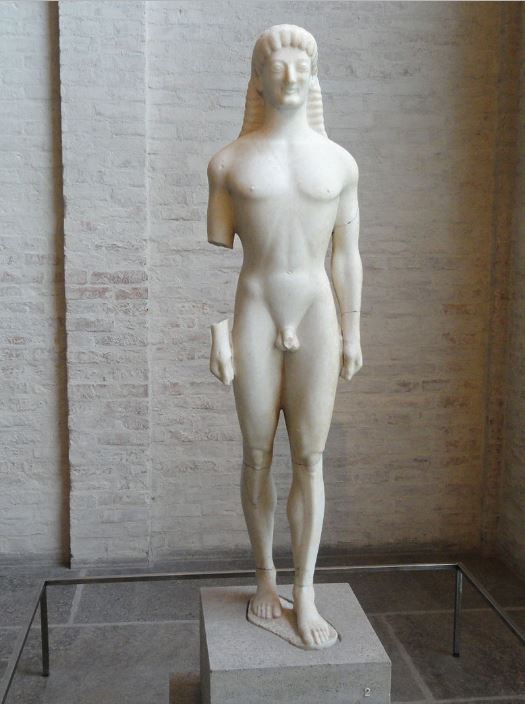PHILADELPHIA – Last week, Robert L. Schreiwer, Steer, announced on behalf of The High Rede of The Troth that the organization was officially rescinding the ban on hailing Loki at Troth-sponsored events. In the official statement released on January 2, 2019, The High Rede reported that, after deliberation on various related issues at their fourth quarter Rede meeting in 2018, “Loki may be hailed freely at Grand Sumbel and at any Troth-sponsored event.”
The statement went on to detail some important considerations. The Troth statement noted that although the change in policy now allows for hailing of Loki, at all official Troth events, Troth Kindred Program [TKP] kindred thew (virtues) is sovereign and each kindred’s rules, culture and etiquette how and who is hailed at their events. The Troth noted that another exception to the hailing of Loki would be the annual Idunna Blót at Trothmoot because Idunna is the Patroness of the Troth and deserves singular veneration at that event. The Troth commented that “Idunna deserves to be recognized and honored in that role, the Idunna Blót at Trothmoot will be reserved for hailing only (solely Idunna by any of Her known names).”
The statement went on to say that since the ban on Loki lasted for ten years, “the organization will hold an official Loki Blót for the next ten Trothmoots in a prime time slot. After the tenth Trothmoot, Loki Blóts may be held as any other blót or Sege, and the timing of the Blót will become adjustable to meet scheduling needs.”
* * *
ELEUSIS, GREECE – On Saturday, December, 29 outside the archaeological site of Eleusis in Greece, about 10 miles northwest of Athens, a group of Hellenic polytheists of the Cultural group, Γλαυκώπις [Glaukopis], were attacked while performing a ritual for Demeter.


